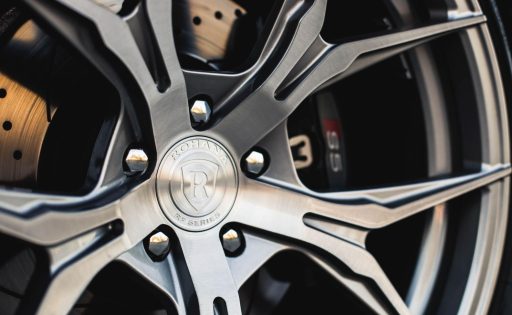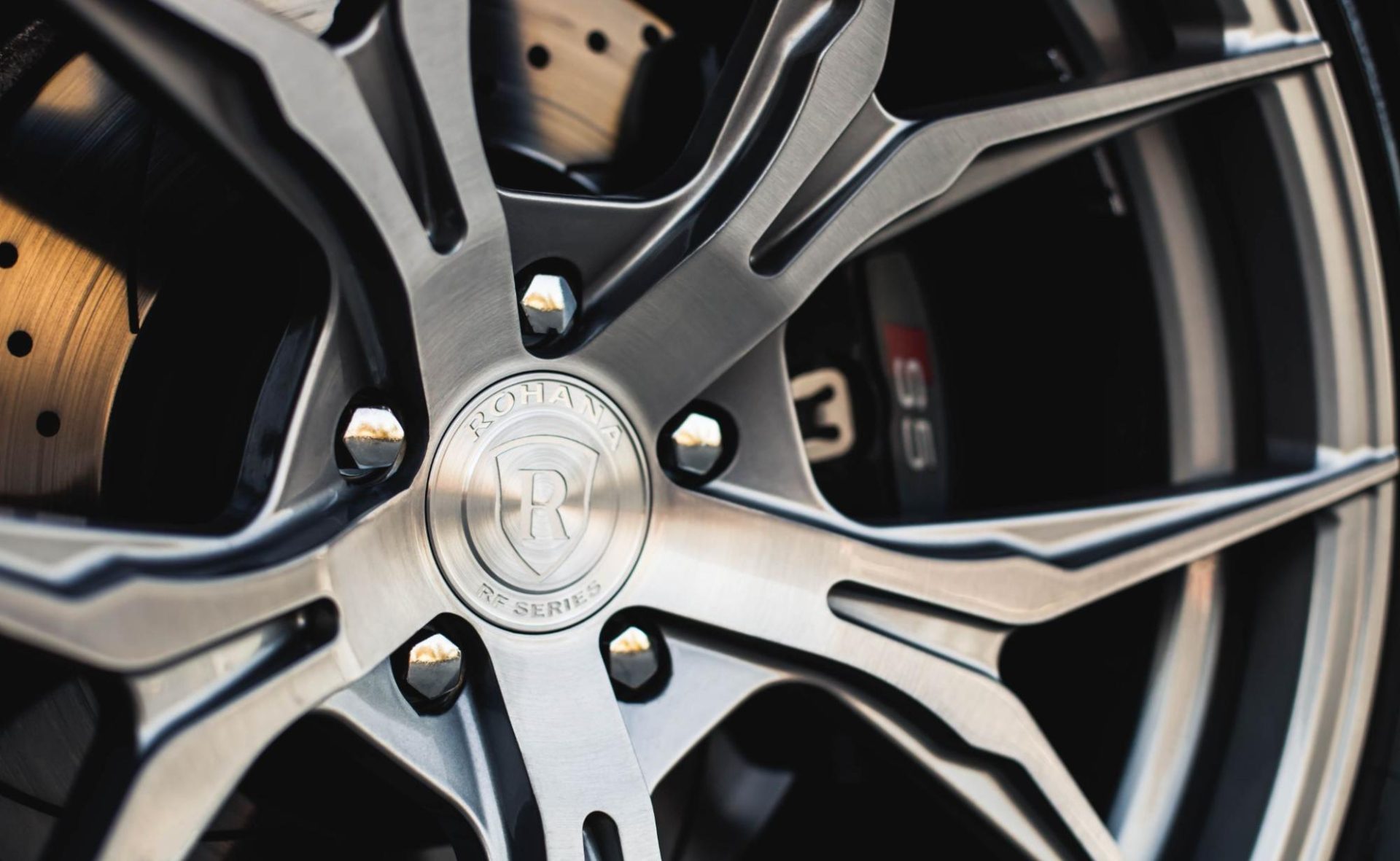Alloy wheels, cherished for their aesthetic charm and performance benefits, are favoured by car aficionados and regular drivers alike. To ensure these wheels retain their excellent appearance and optimal performance, this handbook provides detailed steps for their proper upkeep in the UK. Additionally, we delve into the realm of alloy refurbishment when it becomes essential.
Table of Contents
- Introduction
- Tools and Materials
- Cleaning Alloy Wheels
- Protecting Alloy Wheels
- Repairing Alloy Wheels
- Alloy Refurbishment
- Introduction
Comprising aluminium and other lightweight metals, alloy wheels present numerous advantages over their steel counterparts. They enhance performance, increase fuel efficiency, and add a sophisticated look. Preserving these benefits and your vehicle’s value necessitates a consistent maintenance routine and sometimes a thorough alloy refurbishment.
- Tools and Materials
Prior to embarking on alloy wheel maintenance or a refurbishment project, assemble these essential tools and materials:
- A hose or bucket of water
- Car wash soap or alloy wheel cleaner
- Soft bristle brush or microfiber cloth
- Wheel brush
- Wheel cleaner brush (optional)
- Wheel cleaner gel (for stubborn grime)
- Wheel wax or sealant
- Applicator pads or microfiber towels
- Plastic bags or wheel covers
- Latex gloves (optional)
- Jack and jack stands (for wheel removal, if necessary)
- Socket set (for wheel removal, if necessary)
- Wheel repair kit (optional for minor damage)
- Alloy refurbishment kit (if needed for extensive repairs)
- Cleaning Alloy Wheels
The key to preventing corrosion and damage from brake dust and road grime is regular cleaning.
- Step 1: Prepare Your Workspace
- Park your vehicle in a shaded area to avoid cleaning solutions drying too quickly.
- Ensure your alloy wheels are cool to the touch to prevent damage from temperature fluctuations.
Step 2: Rinse
- Begin by rinsing the wheels with water to remove loose dirt and debris.
Step 3: Apply Cleaner
- Use a wheel cleaner or a mixture of car wash soap and water to apply a generous layer of cleaner to the wheels. Allow it to dwell for a few minutes to loosen stubborn grime.
Step 4: Scrub
- Gently scrub the wheels with a soft bristle brush, wheel brush, and wheel cleaner brush if needed. Be cautious not to scratch the surface.
- Pay extra attention to the nooks and crannies where dirt tends to accumulate.
Step 5: Rinse Again
- Rinse the wheels thoroughly to remove all cleaning residue.
Step 6: Dry
- Dry the wheels using a clean microfiber towel to prevent water spots.
- Protecting Alloy Wheels
Applying wheel wax or sealant can greatly enhance the shine and protection of your alloy wheels.
- Step 1: Apply Wax or Sealant
- Use an applicator pad to apply a thin, even wheel wax or sealant layer.
- Follow the product’s instructions regarding drying time.
Step 2: Buff
- After the recommended drying period, buff the wheels with a clean microfiber towel until they shine.
- Repairing Alloy Wheels
Minor damages like scuffs and scratches can be addressed with a wheel repair kit, but significant damage calls for professional alloy refurbishment.
- Step 1: Clean the Damaged Area
- Ensure the damaged area is clean and free from any dirt or debris.
Step 2: Apply Filler
- Use the wheel repair kit to apply filler to the damaged area. Follow the kit’s instructions carefully.
Step 3: Sand and Smooth
- Once the filler has dried, sand it to create a smooth surface. Gradually use finer grit sandpaper for a polished finish.
Step 4: Paint
- If necessary, use touch-up paint to match the wheel’s colour and paint over the repaired area.
Step 5: Protect
- Apply a wheel wax or sealant to the entire wheel to protect the repaired area.
- Alloy Refurbishment
For serious damage, like deep scratches or corrosion, professional refurbishment services are recommended to restore the wheels to their original state.
In summary, diligent maintenance of your alloy wheels in the UK is a wise investment, enhancing your vehicle’s aesthetics and extending the lifespan of your wheels. Regular cleaning and protection are key, but for more severe damage, professional alloy refurbishment is advisable.







